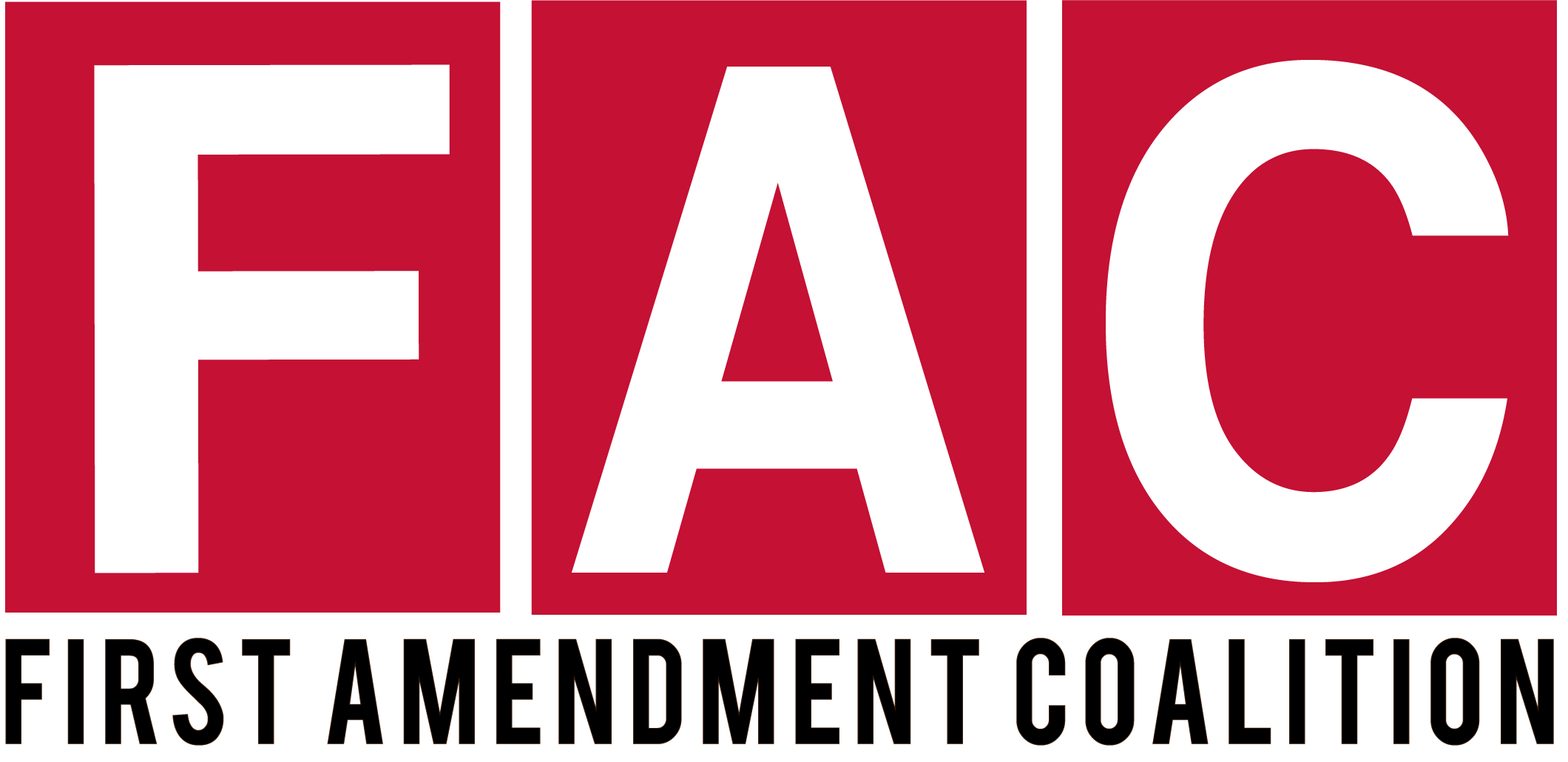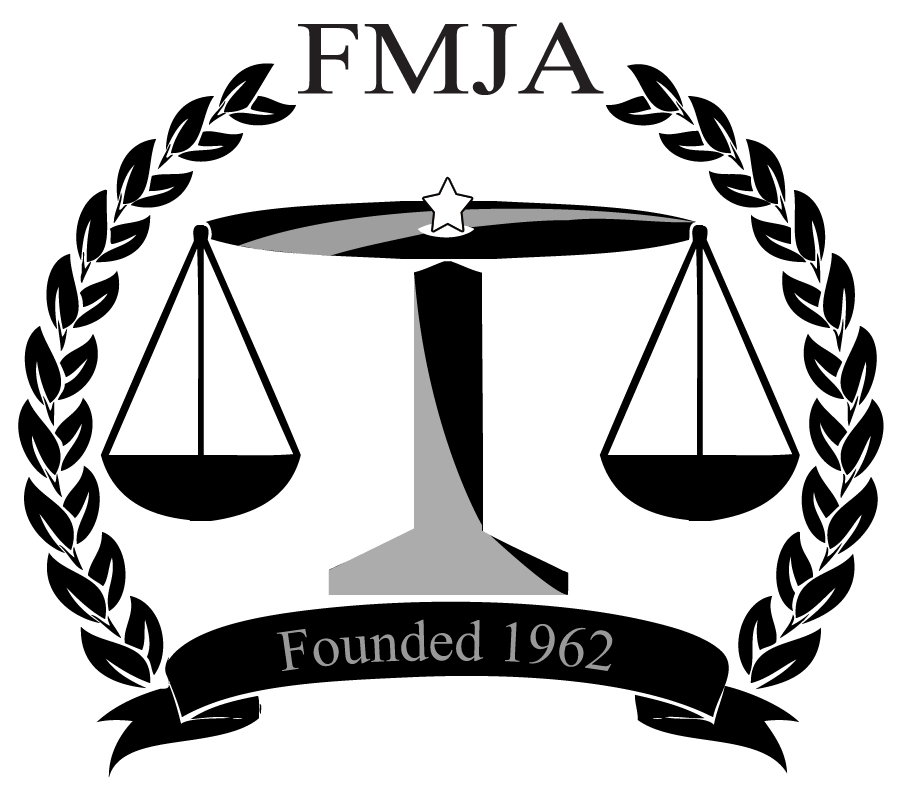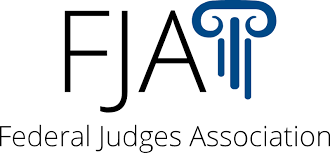
Implicit Bias Credit Available
This three-part Berkeley Judicial Institute program series will focus on why and how judges should communicate with those in the media.
We’ll consider the ethical restraints on judges, and the longstanding belief that judges should communicate only through opinions.
We’ll ask our audience to consider our conclusion: that communicating with the media (under the right circumstances and in the right way) ultimately bolsters public confidence and understanding of the judiciary and the rule of law.
Join our faculty who are continuing to explore these questions:
- Judge Bernice Donald (ret.)
- Judge Jeremy Fogel (ret.)
- Charles Hall, Administrative Office of the US Courts
- Judge Marcia Krieger
- Dan Levine, Reuters
Each of the 75-minute virtual sessions will feature the same faculty. Each session is a stand-alone, yet we encourage people to register for all three sessions.
We are so grateful that the American Judges Association, the Federal Judges Association, the Federal Magistrate Judges Association, First Amendment Coalition, IAALS , Justice Speakers Institute, Media Law Resource Center, the National Conference of Bankruptcy Judges and the National Judicial College are co-sponsoring this program.
Your questions are key to these programs!
Materials:
(1) Code of Conduct for the United States Judges
(2) Published Advisory Opinions
(3) Ethical guidelines for Judges Dealing with the Press
(5) Public Perspectives on Trust and Confidence in the Courts
(6) American Distrust of the Judiciary
Schedule
Session 1: WHY judges should communicate with the media
June 16, noon Pacific
Session 2: HOW judges should communicate with the media in general—building relationships with the media, speaking on background, helping the media better understand the nuances of what happens in court
June 23, noon Pacific
Session 3: HOW judges should communicate with the media when a case is proceeding
June 30, noon Pacific








